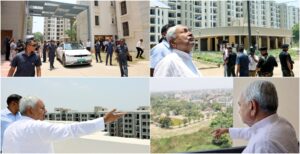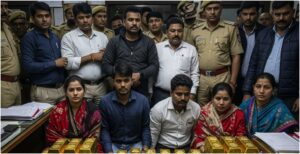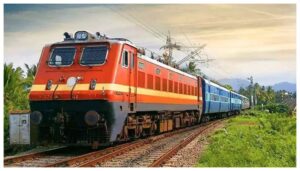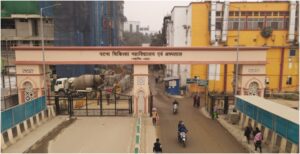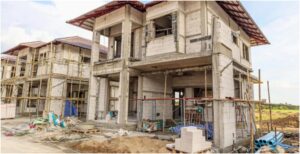Indo Japanese workshop in Patna demonstrates revolutionary technique in Heart Diseases Treatment
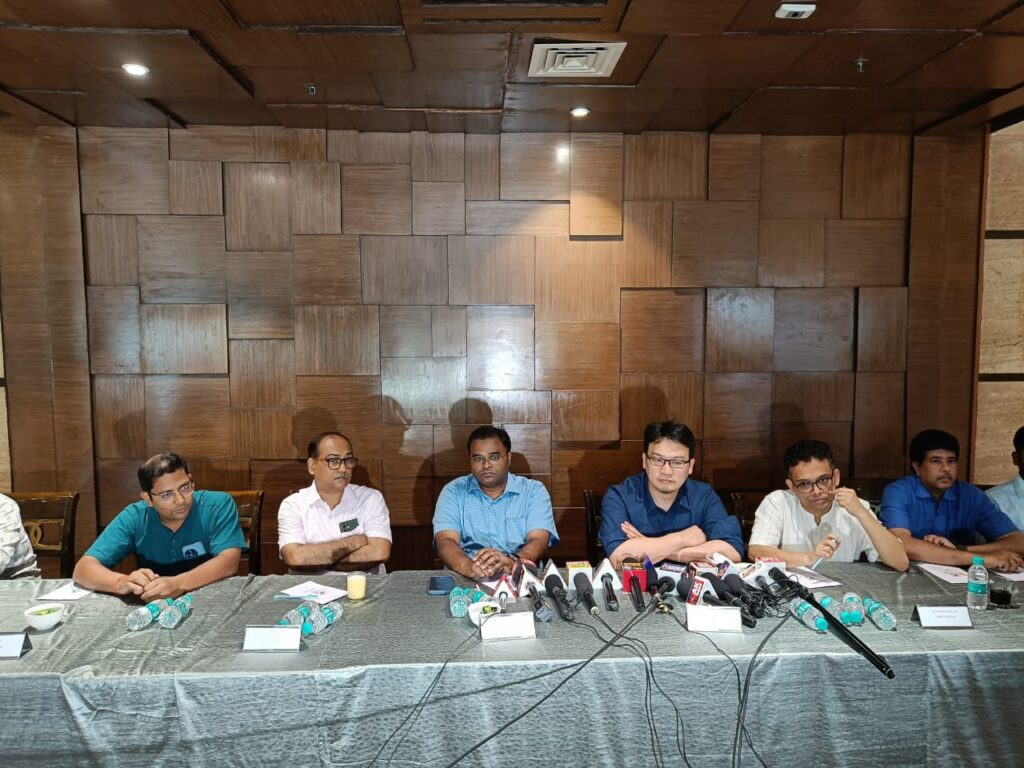
Patna: Already known as the diabetes capital of the world, India is now facing a surge in heart disease cases. Modern Indian lifestyles, marked by smoking, unhealthy diets, and high stress, are contributing significantly to this health crisis.
In this challenging scenario, advancements in medical treatments offer a glimmer of hope. Dr. Koshi Matsuo, Director of the Cardiovascular Department at Yao Tokushukai General Hospital in Japan, joined Dr. Ravi Vishnu Prasad, Professor and Head of Cardiology at IGIMS, Patna, and Dr. Ashish Kumar Jha, Consultant Interventional Cardiologist at Heart Hospital, Patna, to discuss these developments with the media.
Dr. Matsuo, a renowned cardiologist with extensive experience, is in Patna to assist with several high-risk heart procedures over the next two days. His specialty is Chronic Total Occlusion (CTO), which involves the complete blockage of a coronary artery for over three months. Traditionally, such cases required bypass or open-heart surgery. However, Dr. Matsuo is an expert in CTO Percutaneous Coronary Intervention (PCI), a minimally invasive procedure that offers results comparable to bypass surgery but with less discomfort.
Dr. Ravi Vishnu highlighted the benefits of this procedure, saying, “It alleviates symptoms like chest pain and improves heart function, while also providing protection against future heart attacks.”
Dr. Ashish Kumar Jha added, “The risk of strokes, common in bypass surgeries due to clots traveling to the brain, is significantly reduced with CTO PCI.”
Dr. Matsuo also conducts workshops to train more doctors in this advanced technique. He emphasized the importance of expanding the number of specialists in India: “Many patients in India could benefit from CTO PCI, so it’s crucial for more doctors to learn this procedure.”
Awareness of PCI has been growing in recent years, with patients favoring it for its shorter recovery time. “Hospital stays are just two to three days, and patients can walk out on their own,” noted Dr. Ravi Vishnu.

